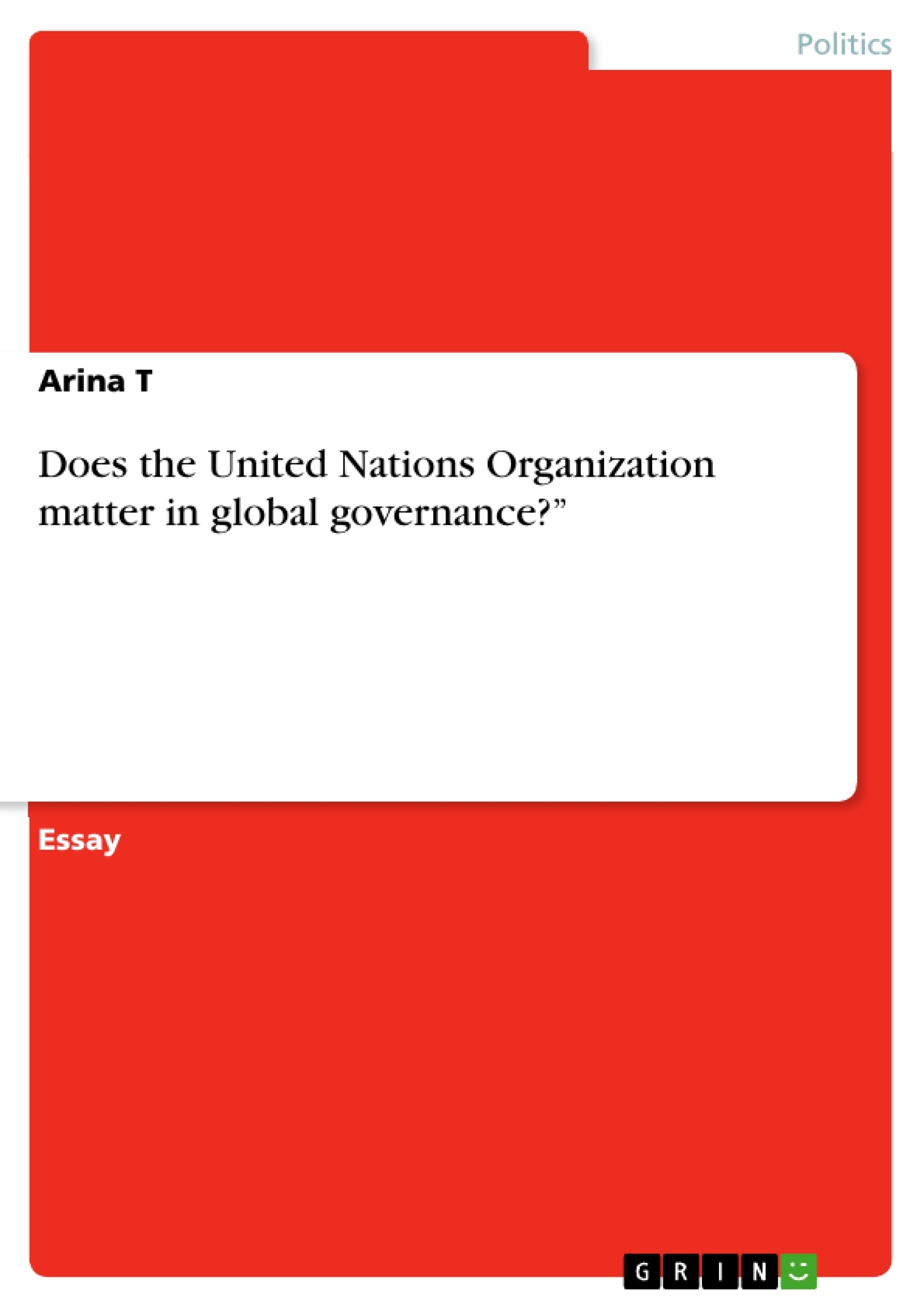These days Globalization is on everyone’s lips. Technical progress and international trade connect humanity in a way it was never connected before. We enjoy the convenience of being able to purchase foreign goods in domestic supermarkets; access voices from around the world on the Internet and even travel relatively cheaply to faraway regions ourselves. But on the other hand, we are concerned about domestic companies outsourcing to foreign countries (in order to take advantage of foreign law and labor) and decisions that are made abroad, because we know about the; as Kofi Annan, former General-Secretary of the United Nations, put it in his Nobel Prize speech; “Butterfly Effect of human activity” [nobelprize.org].
The inevitable transnationalization of troubles we face today (such as environmental issues like the Global Warming that affect every single inhabitant of the planet, the Global Financial Crisis of 2008, international organized crime groups whose actions cut across national borders and many more) can logically be handled best from a transnational or respectively supranational position. The keyword is Global Governance.
Within this paper I will examine the importance of the United Nations Organization (also referred to as “United Nations”, “UNO” and “UN”) in regard to Global Governance (also called “GG” later on). In order to do so, I will first have a closer look on the concept and structure of Global Governance and leave the analysis of the United Nations to the main part of the essay. There I will take a look at the UN’s mission and position in the global community based on concrete examples. And finally I will formulate a conclusion which includes the answer of the lead-question.
Does the United Nations Organization matter in global governance?”

Essay , 2011 , 8 Pages , Grade: 2,0
Autor:in: Arina T (Author)
Politics - Topic: International Organisations
Excerpt & Details Look inside the ebook

